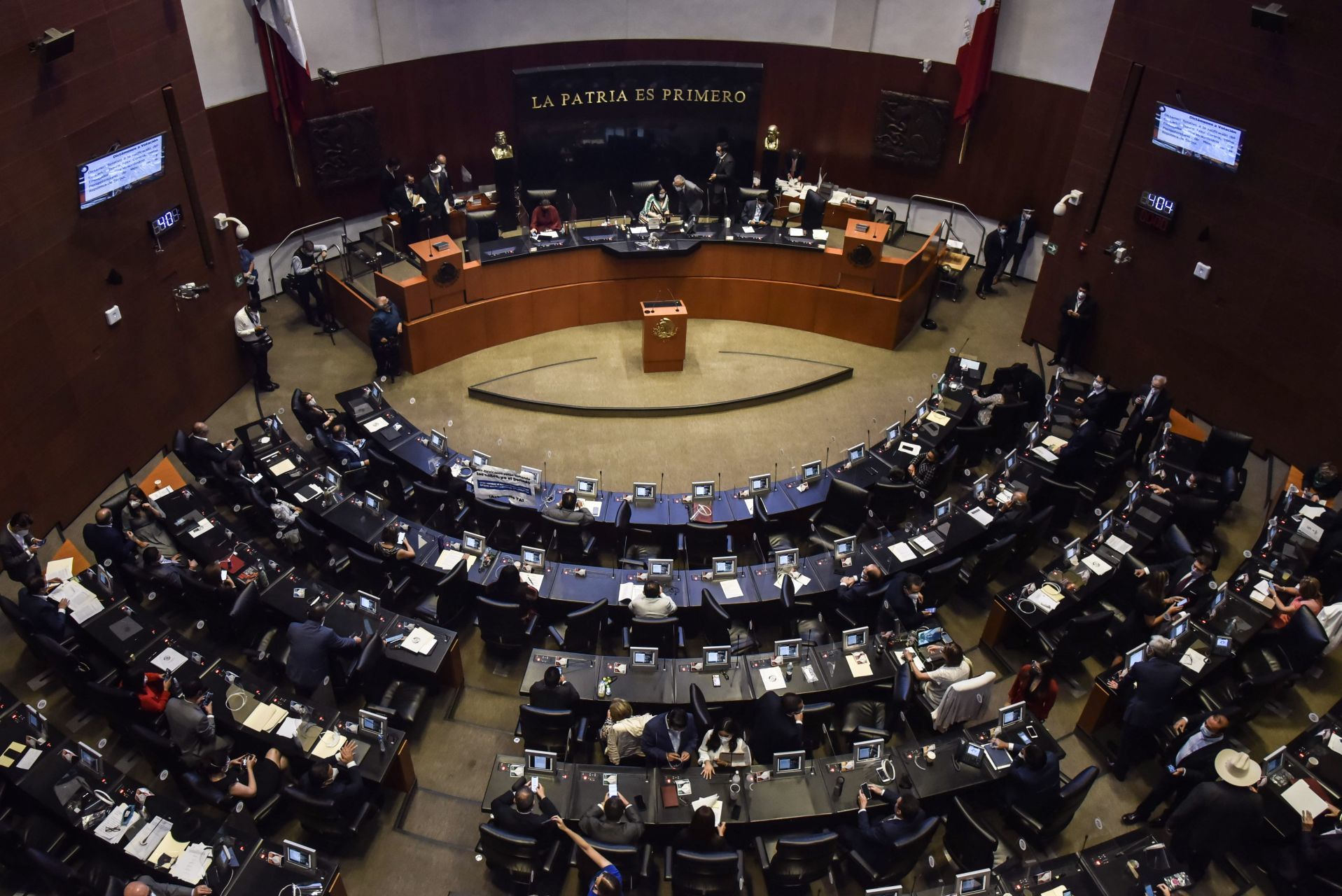
The Council of the Federal Judiciary (CJF) said that it will shortly decide on the case involving Judge Alejandro Castro Peña, head of the Fourth District Court on Administrative Matters of the State of Jalisco, after circulating in recent days a video in which he can be seen yelling at the staff under his charge.
The CJF said it is carefully analyzing the videos that were broadcast on social networks accompanied by complaints from employees about the constant mistreatment by the judge. Faced with this situation, the organ of the judiciary stated that judges are obliged to conduct themselves with respect at all times.
Regarding this incident, Arturo Zaldívar, chief minister of the Supreme Court of Justice of the Nation, who also presides over the Council of the Federal Judiciary, indicated through his social networks that there will be zero tolerance for workplace harassment in the PJF.
The recording shows Judge Alejandro Castro Peña having a strong discussion with his secretary of agreements, who he orders to “do it, you damned lazy man” while the subordinate asks him not to scream.

On March 15, 2022, the Senate of the Republic unanimously approved Convention 190 of the International Labour Organization (ILO), which eliminates violence and harassment at work and sexual, as it is considered a violation of human rights, as well as posing a threat to Mexicans to access decent work.
Senator Malú Micher highlighted that 22.6 percent of working women in Mexico have experienced workplace harassment and of that percentage, 19 percent are for sexual harassment.
In addition, the Upper House highlighted the amendments to the Federal Labour Law which stipulates the right to digital disconnection outside working hours.

The Violence and Harassment Convention 190 states that the term “violence and harassment” in the world of work designates a set of unacceptable behaviors and practices, or threats of such behavior and practices, whether manifested once or repeatedly, aimed at, causing or likely to cause, physical, psychological, sexual or economic harm, and include gender-based violence and harassment
When ratifying this convention, Mexico must adopt legislation requiring employers to take appropriate measures consistent with their degree of control to prevent violence and harassment in the world of work, including gender-based violence and harassment, in particular to the extent that it is reasonable and feasible.
The ILO stresses that violence and harassment are incompatible with the promotion of sustainable enterprises and adversely affect work organization, workplace relations, employee engagement, corporate reputation and productivity.
Article 132 of Mexico's Federal Labour Law states that it is the obligation of employers to implement, in agreement with workers, a protocol to prevent discrimination on the basis of gender and attention to cases of violence and sexual harassment or harassment, as well as to eradicate forced and child labour.
Article 133 states that any employer is prohibited from engaging in acts of sexual harassment and/or harassment against any person in the workplace.
KEEP READING:
Últimas Noticias
Debanhi Escobar: they secured the motel where she was found lifeless in a cistern

The oldest person in the world died at the age of 119

Macabre find in CDMX: they left a body bagged and tied in a taxi
The eagles of America will face Manchester City in a duel of legends. Here are the details

Why is it good to bring dogs out to know the world when they are puppies



